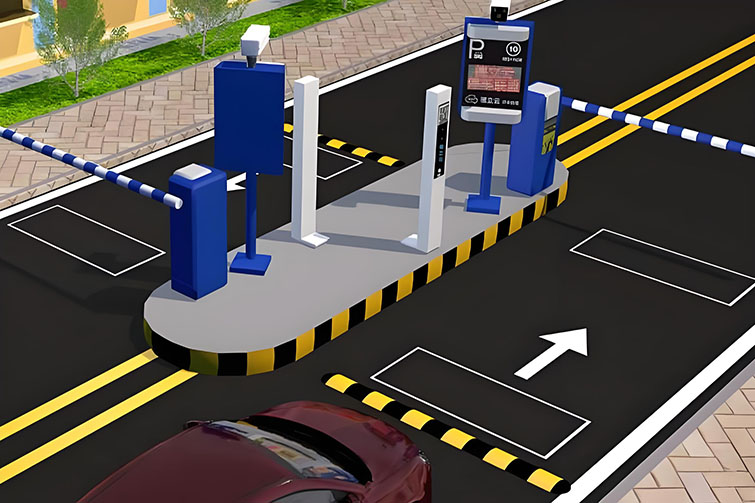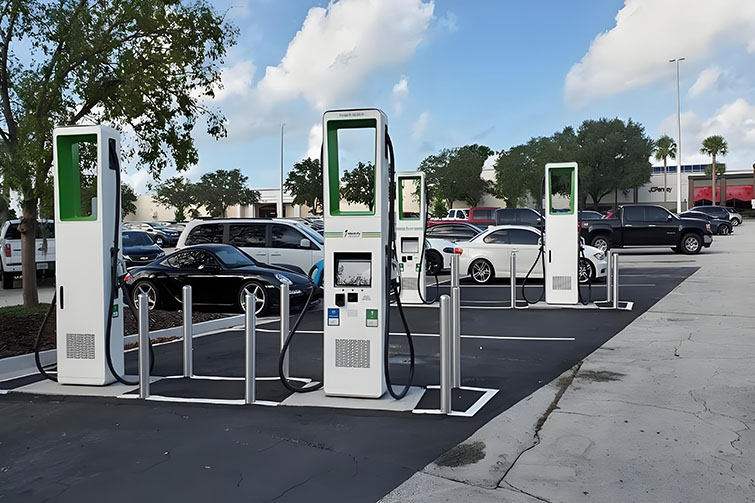
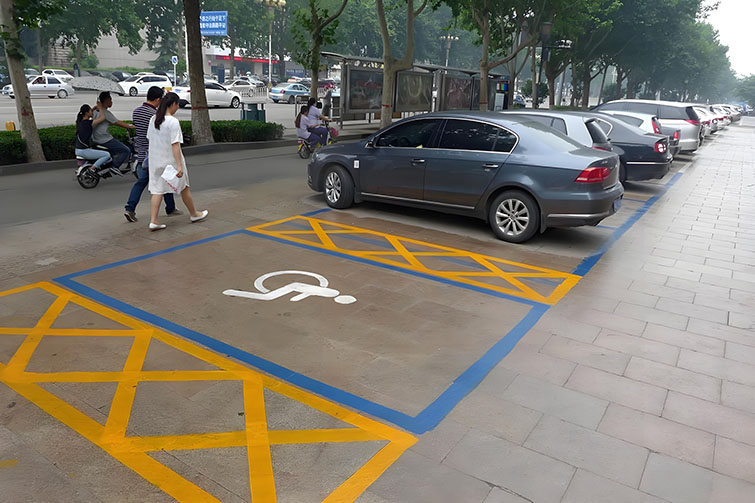
How Handicapped Parking Spaces Enhance Community Inclusivity
Creating an inclusive environment within a community involves thoughtful urban planning and adherence to accessibility standards. Handicapped parking spaces play a pivotal role in this context, making everyday life more manageable for those with disabilities. Here’s how these spaces help foster community inclusivity:
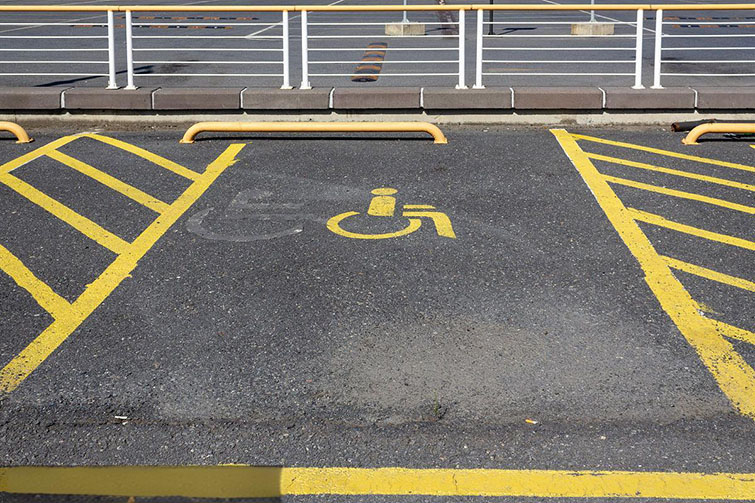
1. Importance of Handicapped Parking Spaces
Handicapped parking spaces are designed to provide closer access to building entrances for individuals with mobility issues. The availability of such spaces is not just a convenience but a necessity that supports the independence of people with disabilities, thereby enhancing their quality of life.
2. Regulations and Dimensions
According to the Americans with Disabilities Act (ADA), accessible parking spaces must meet specific criteria, including size. The typical dimensions for a handicap parking space are 96 inches wide, providing ample room for vehicles that are equipped with ramps or lifts. These dimensions ensure that individuals with disabilities can enter and exit their vehicles safely and with ease.
3. Requirements for Handicap Parking
The requirements for handicap parking spaces extend beyond mere dimensions. They must be clearly marked with signage and located as close as possible to the main entrance of a facility. Additionally, these spaces should be on the shortest accessible route from parking to the entrance, making them more practical for users with disabilities.
4. Innovative Parking Barrier Ideas
To ensure that handicapped parking spaces are used appropriately and only by those who truly need them, innovative parking barrier ideas can be employed. For example, parking barrier gates can be utilized to control access to these spaces. These gates can be operated with special permits or electronic tags to ensure that only vehicles with proper authorization use the designated spaces.
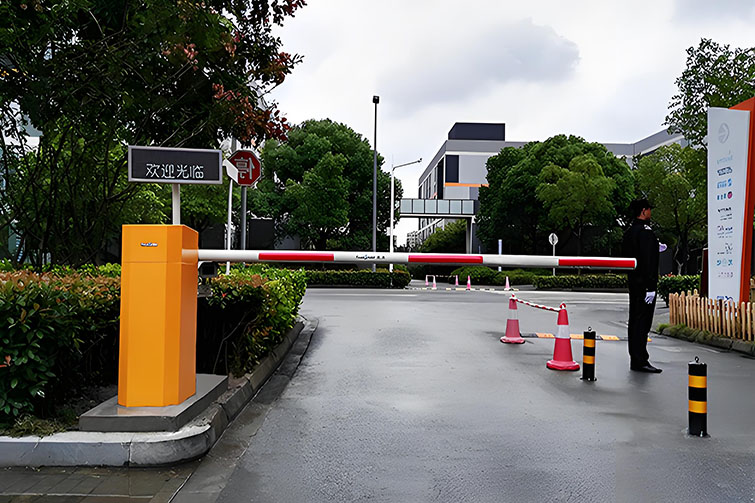
5. Impact on Community Inclusivity
The thoughtful implementation of handicapped parking spaces reflects a community’s commitment to inclusivity. By facilitating easier access to public and private spaces, these parking spots help reduce barriers that might otherwise isolate individuals with disabilities. They serve as a reminder that inclusivity benefits everyone in the community by fostering an environment of equality and respect.
Conclusion
Handicapped parking spaces are more than just a legal requirement; they are an essential feature of an inclusive community. By meeting the specific needs of individuals with disabilities, these spaces promote independence and facilitate participation in everyday activities. Communities that prioritize accessible parking are taking important steps towards inclusivity, ensuring that all members, regardless of their physical capabilities, are welcomed and supported.





